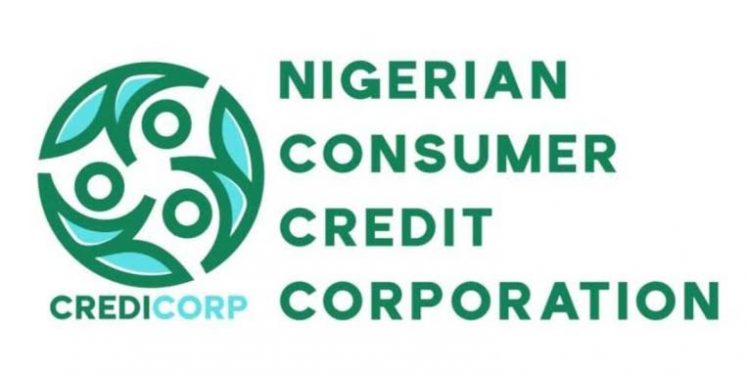The Federal Government has unveiled a groundbreaking consumer credit scheme offering up to N2 million in interest-free instalment financing to help Nigerians afford essential needs without upfront payments. Spearheaded by the Consumer Credit Corporation of Nigeria (Credicorp), the initiative is designed to ease financial pressure, improve livelihoods, and stimulate the local economy.
Rather than handing out direct loans, Credicorp will act as a wholesale financier and risk-sharer, working with banks, fintechs, cooperatives, and microfinance institutions to offer structured consumer credit for items like school fees, rent, digital devices, and household appliances. The goal is to help citizens pay for vital expenses in manageable monthly instalments—without interest.
Credicorp’s Managing Director explained that the initiative isn’t about traditional borrowing. Instead, it’s about creating a credit ecosystem that empowers Nigerians to live decently without needing to save for years or fall into exploitative financial arrangements. This shift aims to normalize access to consumer credit, which remains underdeveloped in the country.
The broader vision is to reduce the burden of living costs, curb the incentive for corruption, and drive demand for Nigerian-made goods. President Bola Tinubu is reportedly backing the scheme strongly, convinced that improved access to credit is key to raising living standards. “Nigerians shouldn’t live below their potential simply because they lack structured credit access,” said Credicorp.
Phase one of the rollout targets federal civil servants, and already over 1.6 million people have expressed interest since applications opened in April. However, with Nigeria’s large population, public funding alone is insufficient. To bridge the gap, Credicorp will supply wholesale capital and credit guarantees to financial institutions through a National Credit Guarantee Company developed with the Bank of Industry and other partners.
One of the biggest barriers to credit in Nigeria is a lack of reliable credit data. To address this, Credicorp is collaborating with the Central Bank and credit bureaus to create a centralized system linked to citizens’ National Identification Numbers (NINs), allowing for more accurate credit assessments and responsible lending.
The scheme also strongly supports local industry through its SCALE initiative—Securing Consumer Access to Local Enterprise. It aims to channel credit towards Nigerian-made goods, from vehicles and tricycles to solar kits and furniture. In a major breakthrough, Credicorp secured an agreement with local vehicle makers and the Nigerian Automotive Design and Development Council in late 2024 to provide consumers with access to locally assembled vehicles at a single-digit 9% interest rate—far lower than the 35–40% typical of personal loans.
Solar manufacturers are also being encouraged to deepen local production, with better credit terms offered to those using higher local content. This approach not only supports industry but creates jobs and builds a more self-reliant economy.
Success stories are already emerging. Credicorp has partnered with Accum Microfinance Bank and TVS, Nigeria’s largest tricycle manufacturer, to offer drivers a pathway to vehicle ownership through interest-free payments, moving them away from exploitative hire-purchase models.
This initiative marks a fundamental shift in how Nigerians access and use credit. By building a supportive infrastructure and fostering public-private collaboration, the government hopes to embed a responsible, inclusive credit culture—one that offers dignity, opportunity, and long-term stability for millions.










